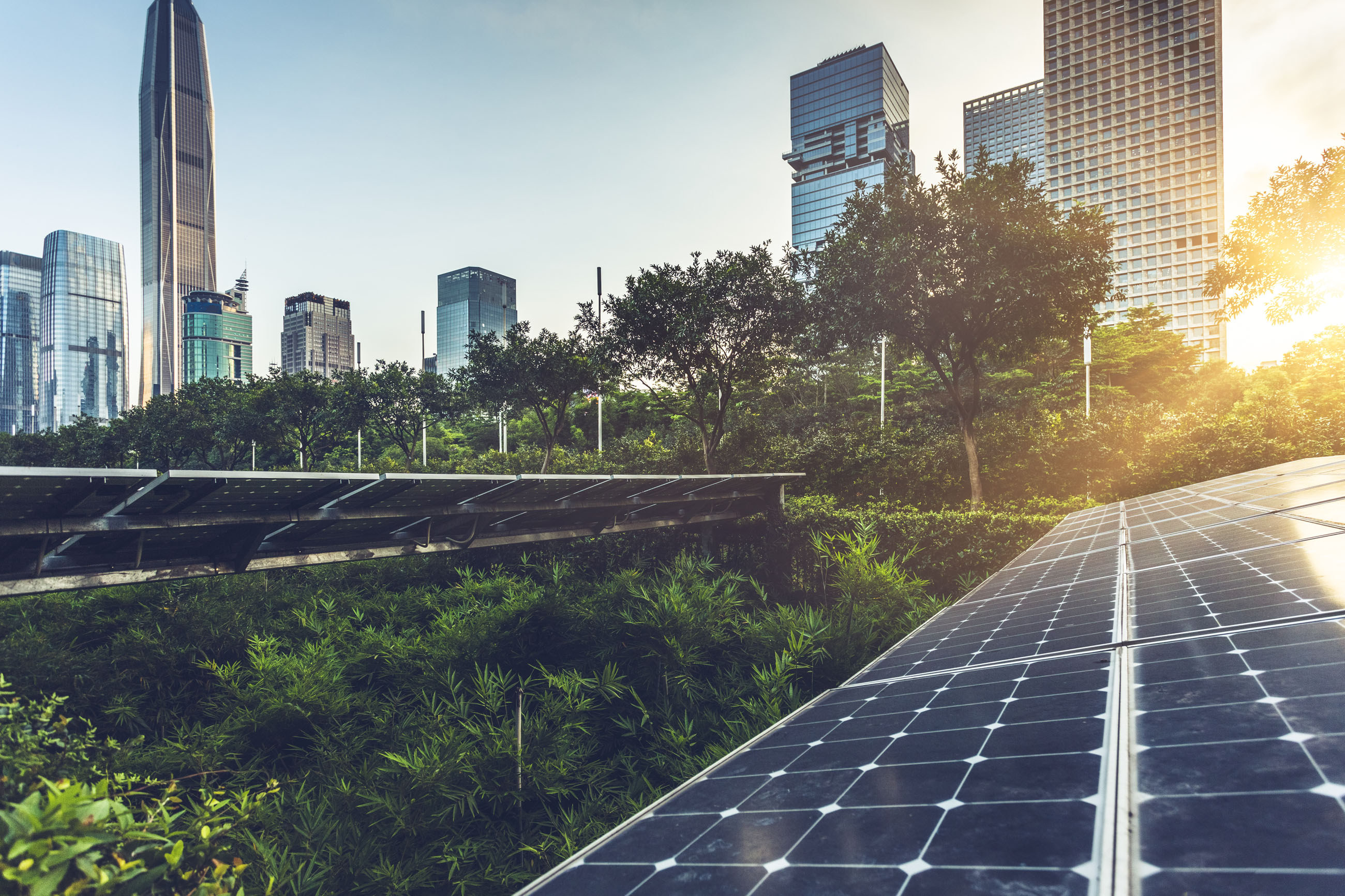Growing awareness of sustainability issues is changing how people view and prioritize the relationship between conservation and their personal material needs. But can businesses thrive in a long-term path that unifies profitable growth and sustainable practices, contributing to a better future for themselves and the rest of the world?
Throughout my 20-year career in the high tech industry, I have helped companies from a wide variety of industries. They had different perspectives on where the marketplace is heading and which opportunities and risks require their attention. And in nearly every engagement, their executives wanted unique ideas and approaches to solve the same fundamental challenges.
Yet no matter how distinct they are from each other, all companies face the same fundamental decision as their customers evolve, economic dynamics shift, and competitors find new advantages. Do they keep doing things like they’ve always done or continually transform with the changing tides to deliver on the expectations of today while evolving their vision for tomorrow?
I hear this debate in boardrooms a lot more now that consumers, employees, strategic partners, and government regulators measure business success through the lens of the triple bottom line of financial, societal, and environmental impacts. But this is not the time for fast, temporary solutions or fashionable greening; such initiatives can never satisfy an insatiable demand for sustainable operations, products, and services. Structural changes are needed to meaningfully impact the environment, economy, and people’s quality of life.
Research data from Oxford Economics supports my reasons for urging companies to take a long-term view on their decisions and actions. The study suggests that the success of product and service innovation and customer demand fulfillment depends on a business’s capacity to operate responsibly and with accountability. You may even be surprised to learn that the improvements on these primary market-facing factors far outrank concerns over regulatory compliance and competitive differentiation.
Going Beyond What’s Top of Mind Today
The sustainability topics that were top of mind for executives just five years ago are no longer enough to pursue a greener, more socially responsible agenda in today’s terms. Don’t get me wrong, I still believe reducing greenhouse gas and carbon emissions, optimizing resource use, and adopting fair labor practices are still important. But the lens has widened beyond this view of virtuous capitalism. The definition of sustainability is extended to address how companies connect revenue to their value chain’s impact on climate change, social inequality, and chronic poverty.
In other words, sustainability must be considered a business driver. Case in point: 10 years ago, logistics service organizations focused on reducing fuel use. Now, they are at a point where their attention has evolved to include the downstream and upstream effect of their supplier’s extraction processes, refining operations, and distribution strategy. Such factors range from operational performance and environmental safety to pay equality and workforce safety.
I know that not every company is on board with the idea of sustainability’s role as a business driver and the conversation. However, the services delivery groups that I lead at SAP are watching sustainability become a concept that is no longer reserved for large enterprises. More and more, small startups and medium-size organizations are acting on sustainability issues not as a by-product of their existing business models, but as a purpose-driven mindset for building the future of their business success.
Optimizing Impact with Purpose-Driven Support Services
In most engagements, SAP customers start the sustainability conversation with general objectives, such as reducing carbon emissions, resource consumption, or un-recycled production waste. But as our customers dig deeper into their business issues and goals, they eventually ask how their existing SAP solution investments can help support a wider set of sustainability-focused initiatives. Such efforts may range from climate action and the circular economy to socially responsible value chains and holistic steering and reporting.
Fortunately, sustainability is embedded in our DNA. The SAP Services and Support team and our strong ecosystem of partners play a distinct role in this evolution of our customers’ long-term vision. We help our customers transform their business models for the future by architecting and deploying the right solution for each unique challenge, which includes how sustainable they should become. This is accomplished by combining our deep expertise in SAP solutions, technologies, and business processes with each customer’s business opportunities, risks, and vision. And we also leverage the same technologies and practices within our own organizations to “walk the talk” alongside our customers.
Take, for example, SAP Business Technology Platform (SAP BTP). This technology brings together intelligent enterprise applications with database and data management, analytics, integration, and extensible capabilities into one platform for cloud and hybrid environments. It enables our customers — and us at SAP — to integrate and create value from their enterprise data and applications as they strive to achieve their goals within the context of an ever-changing business environment.
Our customers expect more from SAP than just providing applications and tools that generate nice-looking reports, offer insightful analytics, and connect operational, experiential, and financial data. They rely on our technologies and expertise to better reconcile their operations with rapid changes across social, economic, and ecological dimensions and they seek guidance for how to leverage their investment in SAP solutions and technology to support their vision for the future. With services experts from SAP and our extensive ecosystem of partners by their side, they can build a digital foundation that supports the ongoing evolution of their business. And in return, organizations can provide their stakeholders — customers, employees, and critical business partners — with the self-services, performance, experiences, and insight to create sustainable value.
We are committed to empowering businesses to increase their performance today while continuously architecting innovations that meet their purpose and vision for tomorrow and contributing to a better society, environment, and economy. And to deliver on that promise, we are constantly evolving our solutions, service offerings, and in-house and partner expertise to reflect changes in regulatory requirements, market dynamics, and business process approaches to further amplify our customers’ potential as sustainability innovators.
A Better Future for Generations
Sustainability may have been treated as the fashionable business trend of the moment, but I believe the world deserves better and we can do better. Our planet — and the future survival of any business — cannot withstand a half-hearted approach any longer.
I encourage executives to stop thinking about sustainable practices as an afterthought and start demonstrating the vigor and discipline to turn sustainability into a long-term strategy and integral part of day-to-day operations that go deep into the value chain. Then, and only then, can businesses help create a more hospitable world for future generations.
To learn more about how SAP can help support your sustainability strategy, check out our offering and the latest experiences from SAP customers.
Augusta Spinelli is interim president of Services and head of Services Intelligent Delivery Group at SAP.
This article first appeared on the SAP News Center.



